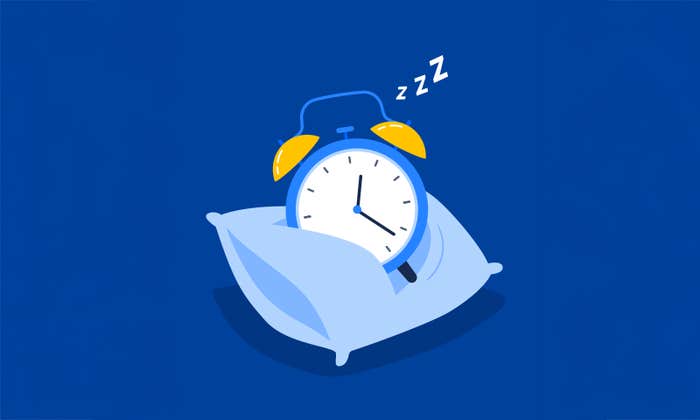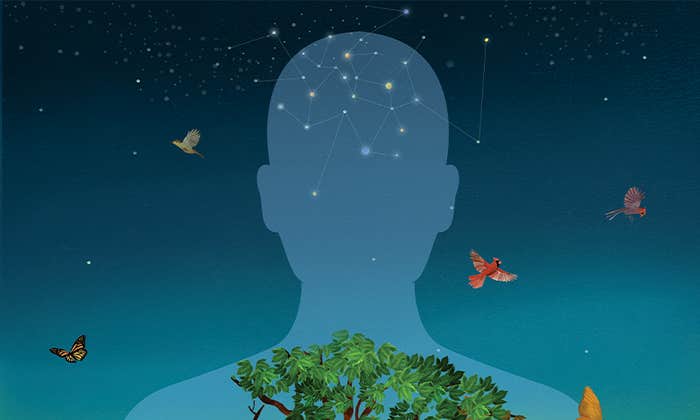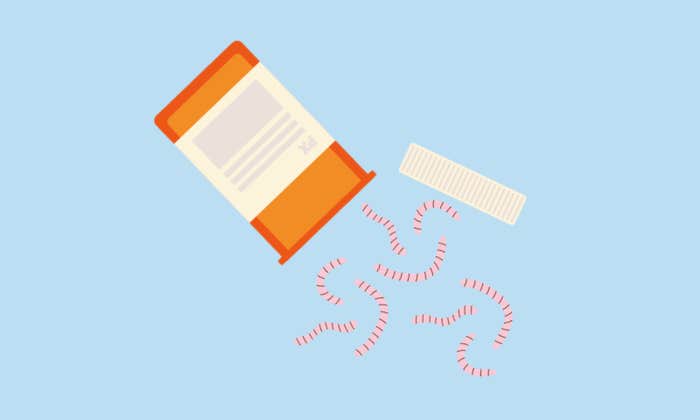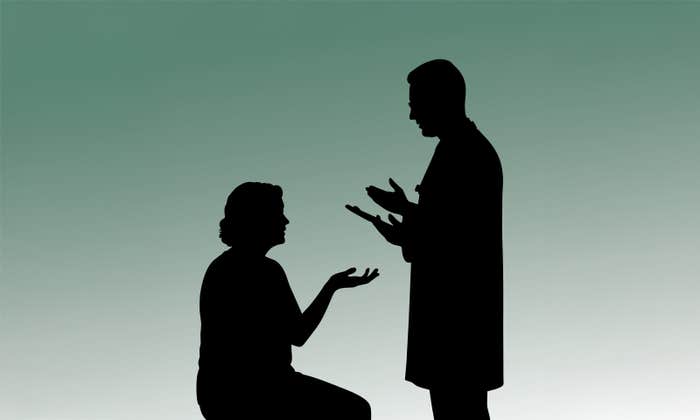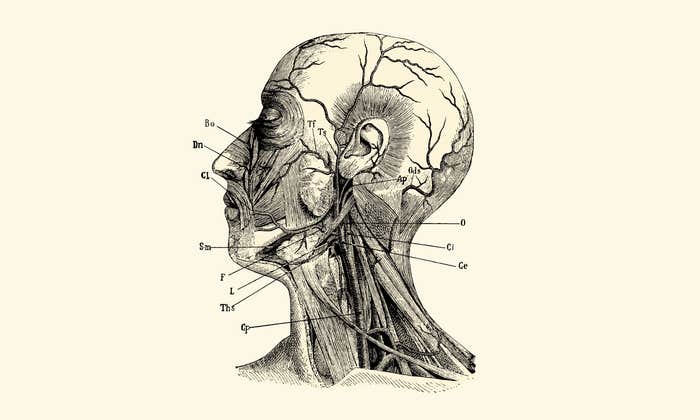1 We Are Smothering the Planet with Our Poop
The next time you go grocery shopping, look at where your food comes from. Most of it isn’t local. Strawberries come from California or Florida, asparagus from Mexico or Chile, bananas from Brazil or Ecuador. Most of the food gets shipped to us, trucked, flown, helicoptered, or whatever. We eat it and excrete it—in the same place, over and over. And that’s a problem. Before humans settled and started farming, we were nomadic, just like other animals. We walked around. We left our dark matter wherever we went. Mother Nature then turned it back into soil. That’s the circle of nutrients on the planet. After we settled and started farming, we couldn’t walk away from our dark matter. It started piling up. So we were faced with a problem of what to do with it and how to get rid of it easily and efficiently. The answer to that was water because it conveniently flushes everything away. Our industrial wastewater treatment plants are marvels of modern engineering. They clean germs from the wastewater to the point it’s safe to drink it! But nutrients such as nitrogen, phosphorus, potassium, which make potent fertilizers, often remain in that water. They flow into lakes and rivers and ultimately the ocean where they fertilize all the wrong things—like algae. So when we constantly extract nutrients from farmlands and deposit them in bodies of water, we deplete fields and over-fertilize lakes, rivers, and oceans. When we go into the bathroom and push that lever, we are causing algae blooms, which kill fish, destroy marshes, and contribute to climate change. Coastal marshes may not be sexy like a forest, but they’re extremely important. They serve as fish nurseries and work as storm protectors. When they die, we get a lot more flooding. So you can legitimately say that humans are smothering the planet with their poop because we don’t reuse it properly.
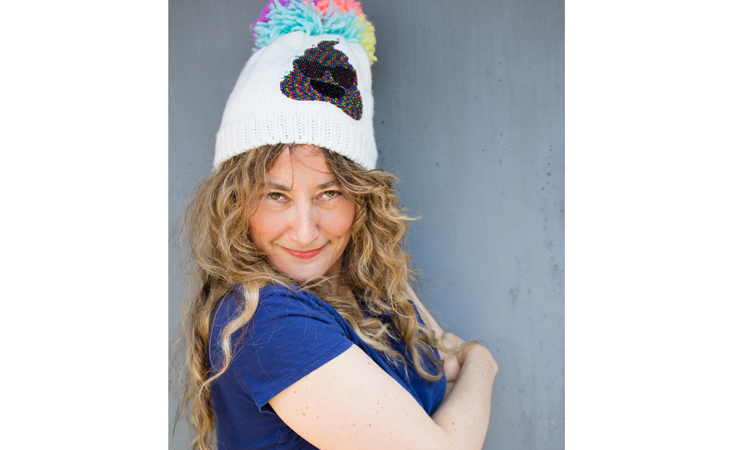
2 Crap Is a Commodity
In 1737, a Chinese Emperor of the early Qing dynasty issued a decree that stated, “Treasure night soil as if it were gold.” By night soil he was referring to excrement. The decree touted the achievement of the progressive residents of Jiangnan Province who diligently collected their night soil from the cities and brought it to the farmers in the countryside. That solved two problems at once: kept streets clean and gave farmers fertilizer. But the empire’s northern residents apparently had not caught up with that wisdom, so their streets were dirty. The decree prescribed the northerners to implement the same measures.
In pre-industrial Japan, Osaka’s city authorities discussed a complaint stating that ships coming to the city harbor to ferry out their night soil stunk too much. The complaint was taken seriously. It was debated and the ultimate verdict was that “it was unavoidable for the manure boats to come into the wharves used by the tea and other ships” because this is how we take the muck out of the city, and this is how we grow food.” Culturally, societies that had poor, barren soils learned not to have the negative reaction to excrement that we do today. It wasn’t disgusting. It was a commodity. It was so much a part of life that you couldn’t possibly exclude it. In Japan and China it had to be part of the circular economy just as fish, tea, vegetables, and other goods.
I knew the value of poop because I grew up differently than most people in the West.
Excrement did become disgusting in societies that didn’t see its value and didn’t have established ways to ferret it from cities to the countryside. Medieval Berliners piled up their shit in front of St. Peter’s Church until a 1671 law directed every visiting peasant to take home a load. And Paris was a mess because Parisians’ emptied their chamber pots out the window in a method infamously dubbed as Tout-à-la-Rue—“all onto the street.”
The germ theory solidified our “dark matter” disgust further. When biologists in the 18th and 19th centuries began to discover that poop contained microbes that could make us sick, excrement, already valued poorly, got devalued completely. Now we’ve been conditioned to look at excrement as both waste and an incredibly dangerous substance. If there was one thing your mother always yelled at you not to touch it was poop—dog poop, cat poop, and especially not human poop!
3 Humans, Love Thy “Humanure”
I was never disgusted by poop. That’s why I wrote the book. I knew the value of poop because I grew up differently than most people in the West. I grew up on a small family farm in Kazan, Russia, in the Soviet Union. Every fall my grandfather would set off to do two things: prepare our small family farm for the long Russian winters and empty our septic system. He had a system of how he did that. He would put on a hazard suit, special gloves, and special boots, and he would spend a day or two dipping buckets into that tank and transferring its contents into his compost piles. Then he would close the compost piles for the winter, sometimes for more than a year, and let all this stuff sit there and do whatever it does. When he opened it up, there was no sewage left. It was this incredibly rich, black garden dirt, which smelled so good. It smelled just like garden dirt’s supposed to smell, with the promise of the next harvest. One of his favorite sayings was, “You have to feed the earth the way you feed people.” And it all made a lot of sense.
We knew that excrement was dangerous. My grandmother boiled my grandfather’s entire get-up in a big vat once he was done. And I knew that other people lived in big apartment buildings and they had flushing toilets and they didn’t have septic tanks. But I always thought their output also went to some kind of big septic system and was recycled. I was pretty shocked to learn that the rest of the world didn’t recycle their sewage. And when we came to New York I realized how difficult it is to make it work on a large scale. But the illogical aspect of wasting our waste stuck with me, because if we continue throwing away our shit, our farmfield would eventually turn to dust—and they already do! This book is an attempt to change humans’ perspective on their “humanure.” It implores us to reconsider the tremendous organic power we all carry within.
Read an excerpt from The Other Dark Matter, about recycling human waste into soil, here.
Lina Zeldovich is an award-winning popular science writer and former Nautilus editor. She has written dozens of stories for major publications in the United States, Canada, and the United Kingdom, including the Smithsonian, Popular Science, and Scientific American, and won four awards for covering the science of poo. Her book, The Other Dark Matter: The Science and Business of Turning Waste into Wealth and Health, presents novel solutions to the world’s oldest problem—keeping humans free from their own excrement. @LinaZeldovich
Kevin Berger is the editor of Nautilus.
Lead image: theftrash / Shutterstock





















